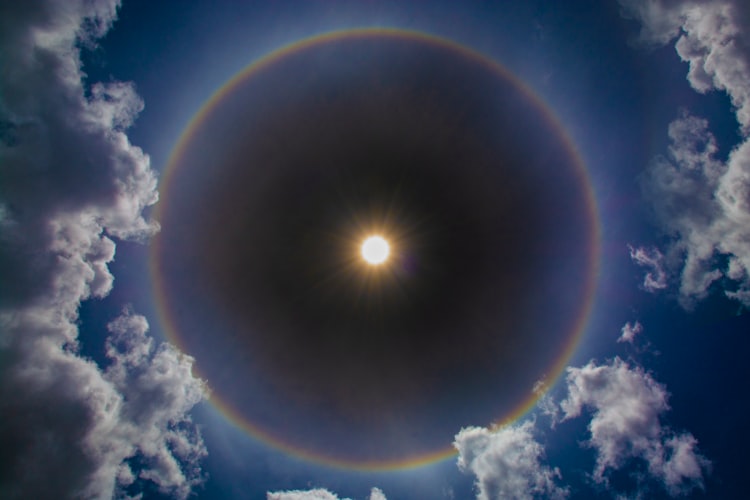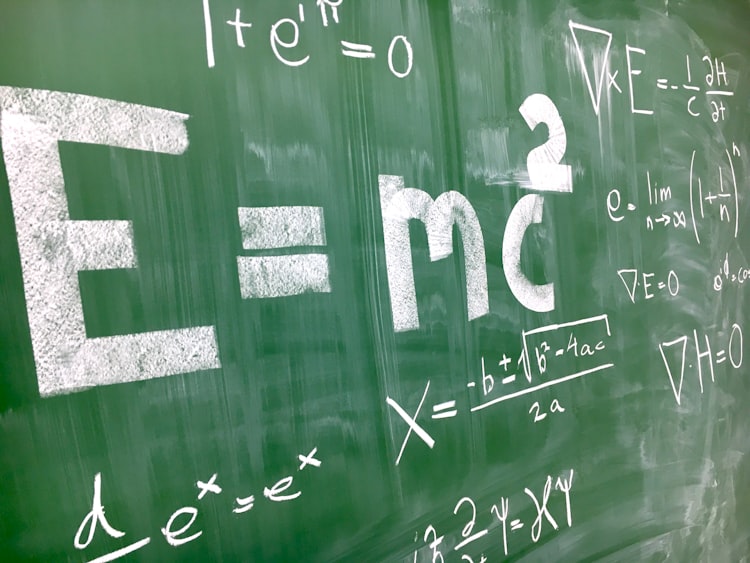Freedom from views.

When we talk about the nature of the mind as an integral part of the nature of reality as we did when talking about the primordial state, one of the initial reactions by hyper-rationalist, secular people can be "who cares, how does this apply to anything useful like science or medicine."
One of the consequences of this understanding that I highlighted last time was the insight that all views about the nature of reality are partial and incomplete, and that includes views on our bodies, our consciousness, and all material phenomena.
But that wisdom is not often carried into daily life.
When I was in pharmacy school twenty some years ago the neurotransmitter hypothesis was coming into its heyday. We (evidence-based medicine) really thought we were onto something and that anxiety, depression, and the whole host of mental disorders were on the verge of a real solution. The treatment of heart disease followed the JNC-6 recommendations, which we learned inside and out knowing that we could effectively treat heart disease.
Fast forward some twenty years and rather than solving mental illness we are on the verge of a mental health epidemic. The best recommendations of JNC-6 were updated two times since then, changing both the treatment targets and the first-line recommendations.
In undergraduate I took several semesters of physics, where we learned about classical physics (the best physics we had in 18th and 19th centuries) and discovered that you can explain much of the world through advanced algebra and calculus. It wasn't really mentioned (or didn't stick in my head) that those were only true under certain scenarios and didn't hold up at very large or very small scales.
These are just simple examples of science and medicine changing their minds. Of course we can look to similar positions with regard to the economy, politics, social movements, environment, food, pretty much everything.
Eggs are good. Eggs are bad. Eggs are actually good. But they have to be organic. And probably best from a farmer's market. That sort of thing.
We learn something, take that to be the truth and then are left in a precarious position: we either defend our views or we remain open to change our mind.
The first is easy, bear down and put up a good fight. Ignore the haters.
The second is very hard, almost impossible – to remain open to learn something new, to hear another perspective, to work with uncertainty and doubt.
In its best form, science upholds this second as a tradition of criticism, debate, error-correction, clarification, and a continual search for better explanations. But science does not always operating under its best intentions, especially once you get money and incentives involved.
Religions are generally terrible at this. When was the last time your holy book told you that its teachings were partial and incomplete. Most religions survive because they hold authority over the truth and you are expected to uphold that position. Ignore the haters.
The Buddhist tradition does stand out in this regard, as the Buddhist teachings have continued to evolve significantly after the time of the Buddha. In the Mahayana tradition, works by Nagarjuna, Vasubandu, Asanga, Dignaga, and many others radically changed the approach to understanding the variety of Buddhist views on the nature of reality and the mind.
The Buddha himself said, "O monks, just as a goldsmith tests gold by rubbing, burning, and cutting before buying it, so too, you should examine my words before accepting them, and not just out of respect for me."
As did Nagarjuna say, "“The victorious ones have said that emptiness is the relinquishing of all views. For whomever emptiness is a view, that one has achieved nothing.”
Each of the major schools in the Tibetan tradition followed along these same lines of development. A teacher would clarify the teachings in some way, have a unique presentation, or introduce a new teaching, which would later become a new practice lineage.
While the Buddhist tradition maintains a sense of debate, criticism, and a search for better explanations, the people sharing those ideas are not always treated with acceptance or openness. So despite established practice traditions often falling into rigid views, a tradition of criticism and innovation has prevailed which has led to many divisions and branches in the tradition. I'd say all the branches of the Buddhist tradition are a feature and not a bug.
So how does this all fit together?
I was listening to a podcast recently and this stood out:
"There is a misconception out there among anyone who is not involved in the sciences, who unfortunately went through the schooling system and was told, 'Here is the science in the book,' and perhaps if they do high school physics, 'Here are the laws and you can derive the predictions,' and therefore there is no creativity left. In fact, even physicists themselves almost thought this type of thing, 'Wasn't it lucky that Isaac Newton had discovered the system of the universe once and for all,' and therefore the only thing left to do was to work, as Eddington said, in the 15th decimal place. So what you are saying is that there are so many unknowns that you have freedom of a kind that is similar to a visual artist or sculptor, it is not complete freedom because you are constrained by what reality is going to dictate, but the possibilities for what direction you might want to go in is completely open to you." – Brett Hall TOK. 206 Interview with Sam Kuypers (Time: The First Quantum Concept Part 3)
If all ordinary experience is a deviation from the primordial state and is by its very nature a conditioned and limited perspective, then maybe one of the biggest benefits is that we can let go of our rigid fixation on our views.
Our views on the nature of reality. Our views on consciousness. On identity. On politics. On each other. Maybe we can be a little more open and accepting. A little more humble. A little more tolerant and kind.
If all explanations are understood to be partial and incomplete, then we can also understand that what is partially true can exist on a pretty wide spectrum. Knowing that all explanations of the nature of reality and our own nature are bound to be error-prone and incomplete, then we can embark on a wide ranging search for better explanations.
There is really no limit to that search for knowledge, because the primordial state itself is a state of undivided wholeness that is beyond description or conception. It is not within the confines of words and explanations, and so we might also be encouraged to explore the edges of our experience beyond ordinary dualistic perception.
The non-dual traditions of Mahamudra and Dzogchen both have something to contribute to this conversation. But knowing that the primordial state is beyond description, we are also called and invited to enter directly into these practices.
Don't leave the non-dual view on the bookshelf. Bring it into your own experience.




